Do you feel like social situations could be more manageable for you? Are you tired of feeling anxious and out of control when it comes to interacting with others? If so, then this article is for you! Here we will explore some proven tips to help combat social anxiety.
Table of Contents
Social anxiety is one of the most common mental health disorders globally, affecting millions of people. Social anxiety can be a debilitating condition that affects your emotions, thoughts, and behaviors in social settings. It can cause feelings of fear, self-doubt, or even panic. But there are things that you can do to reduce the symptoms of this disorder and gain more confidence in yourself. From learning calming techniques such as deep breathing and meditation to talking therapy or medication, these tips will help anyone overcome their fears!
Thirteen tips that can make social situations more manageable and less daunting are listed below:
1. Educate yourself about social anxiety and what it means for you:
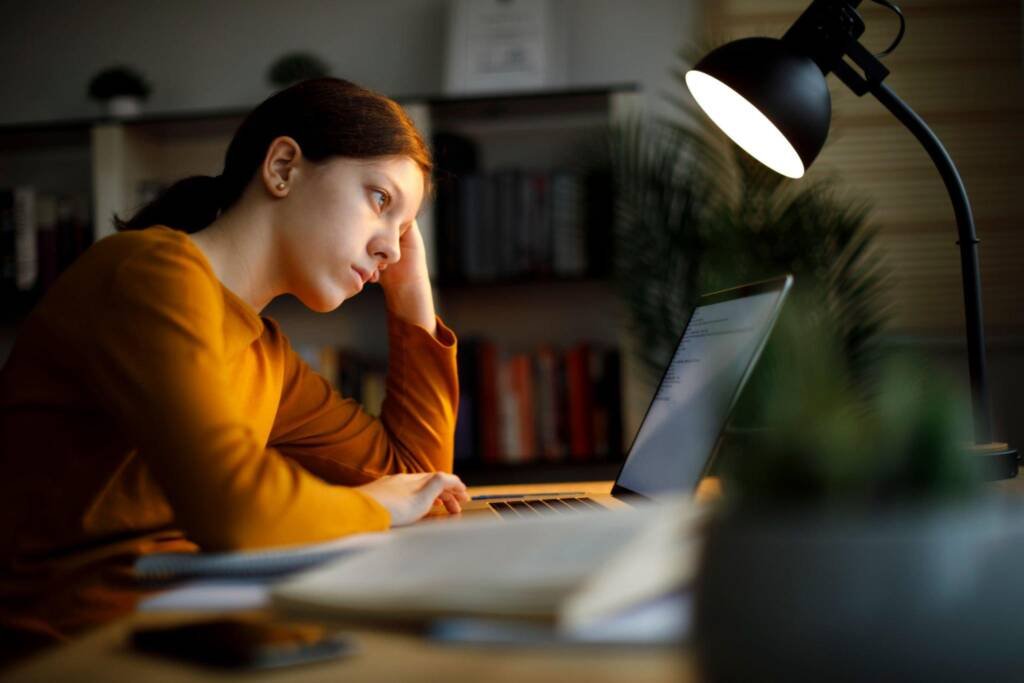
Educating yourself about social anxiety and its effects can be very beneficial. This can help you understand your condition better and assure you that you’re not the only one.
● You can learn more about social anxiety by reading books or articles. Some helpful books on this topic are “The Anxiety and Phobia Workbook “by Edmund J. Bourne and “The Worry Cure “by Robert L. Leahy. These books offer helpful information on how to deal with social anxiety.
● Consider attending a support group as it can provide an opportunity to connect with individuals who are also managing the same condition as yourself. Sharing experiences and gaining insights from others can be beneficial.
● Speak to a therapist. They can guide you in understanding social anxiety and equip you with effective coping mechanisms to alleviate symptoms.
● You can find many informative videos about social anxiety on websites such as YouTube and TED Talks. These platforms have a wide selection of videos to choose from.
2. Identify your triggers and avoid them as much as possible.
Identifying the things that worsen your symptoms can help you avoid them. Some common triggers include:
● Meeting new people. Encountering new individuals is inevitable. To make it easier, consider initiating the process of meeting people by beginning with one person at a time.
● Being in large groups. If you experience social anxiety in large groups, you may want to consider going to smaller gatherings or events. This can help you gradually adjust to being in more extensive group settings.
● Public speaking. In order to alleviate anxiety, it would be beneficial to rehearse your speech in advance, visualize yourself delivering the speech without feeling anxious, and utilize breathing techniques to ease your body and mind.
● Knowing your triggers can help you prepare for them in advance, and you may not have to avoid them altogether.
3. Prepare for social situations by rehearsing what you’ll say beforehand.
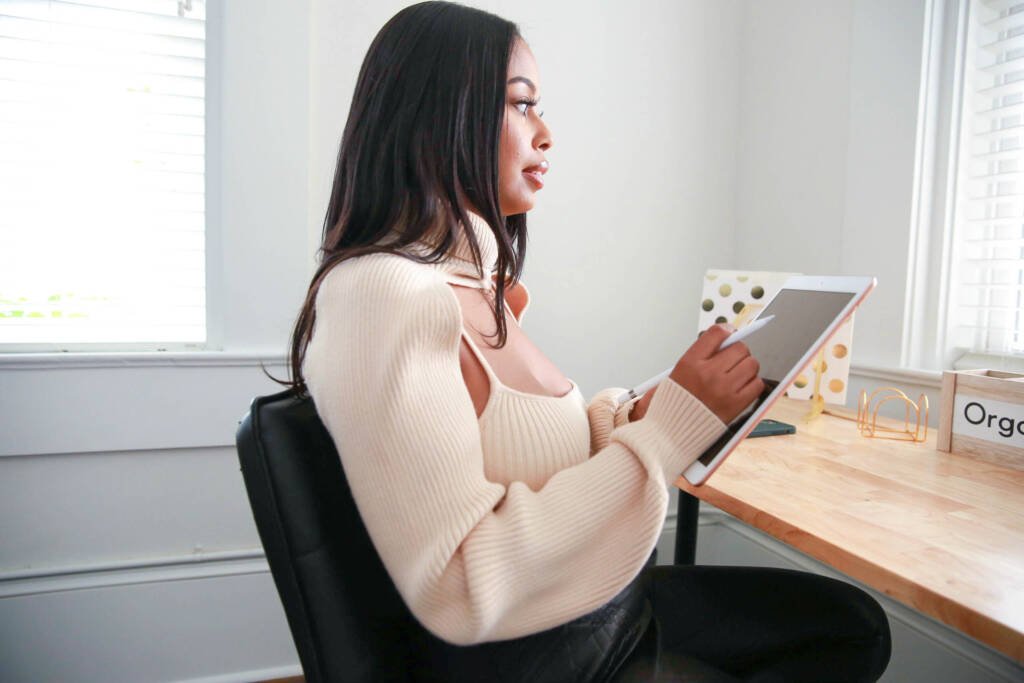
Having a clear idea of what you will say can reduce your anxiety and make the situation less stressful. Rehearsing your lines will also help you feel more confident speaking to others.
4. Focus on the moment and stay in the present.

When you become overwhelmed by social anxiety, it’s essential to be mindful of your current environment. Focusing on the here and now can help you stay grounded in uncomfortable situations and prevent your mind from wandering into a negative space.
- Utilize calming techniques such as deep breathing or meditation to calm yourself down when feeling anxious. Some relaxation activities like yoga, tai chi, massage, or hot bath can also help reduce stress levels and improve overall well-being.
- Avoid comparing yourself to others or rebuking yourself for feeling anxious in social situations; remember that everyone experiences fear differently! Remind yourself that what makes you unique is also what makes you valuable.
5. Take deep breaths and relax your muscles when you feel anxious.
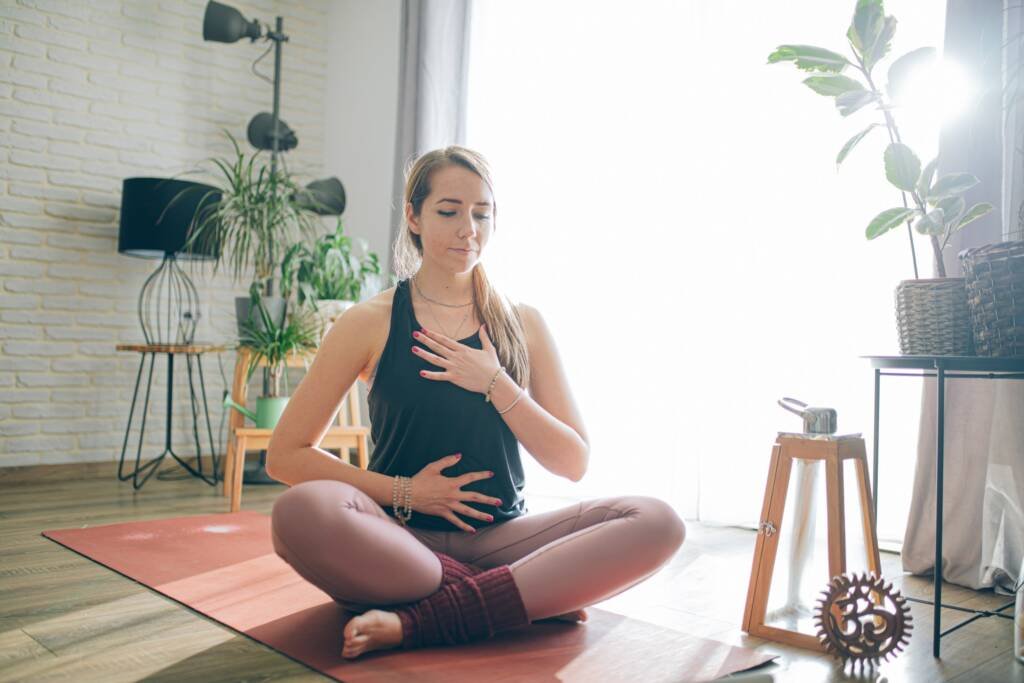
Breathing exercises can help reduce physical symptoms of social anxiety. Here are some helpful breathing exercises:
● Belly breathing. To practice deep belly breathing, follow these steps: Place one hand on your chest and the other on your stomach. Inhale slowly through your nose, feeling your stomach expanding. Exhale through your mouth, feeling your stomach fall.
● Pursed lip breathing. Slowly inhale through your nostrils while counting up to four. Exhale slowly through your puckered lips while counting to eight.
● Equal breathing. To help you relax, try taking a deep breath in for four seconds and then exhaling for four seconds. This exercise will help you focus on your breathing.
6. Avoid alcohol and caffeine before social events, as they can worsen symptoms.

Drinking alcohol and caffeine can cause anxiety to worsen. It is recommended only to drink alcohol in moderation.
7. Make time for yourself after social gatherings to reflect on how they went.

After a social event, taking care of yourself can be beneficial by allowing you to reflect on your thoughts and emotions about the event. Some suggestions for self-care activities are:
● To alleviate anxiety symptoms, take a hot bath with warm water and add calming essential oils like lavender or chamomile. You can also listen to relaxing music to enhance your relaxation further.
● Keeping a journal about your experience can be a helpful way to process your thoughts and emotions. Writing things down can also help to release any intense feelings you may be experiencing.
● Going for a walk-in nature can help lower stress and anxiety, as it has been scientifically proven.
8. Challenge negative self-talk with positive affirmations:

Negative self-talk has been linked to heightened levels of anxiety and depression, so it’s essential to become aware of these thinking patterns and challenge them with positive affirmations. You can do this by writing down your thoughts and then reflecting on them or saying positive things to yourself in the mirror.
9. Learn how to accept compliments positively.
Accepting compliments from others is not easy for many people who experience social anxiety, but you can make it easier by learning how to take them graciously. For instance, instead of responding with a self-deprecating comment, try saying something like “Thank you! That’s so kind of you” instead.
10. Support yourself with a positive social network.

Surrounding yourself with understanding, non-judgmental, and encouraging people can help reduce your anxiety in stressful situations. Having supportive friends or family members who you can talk to about your feelings and whom you trust is beneficial.
11. Find healthy ways to express emotions.
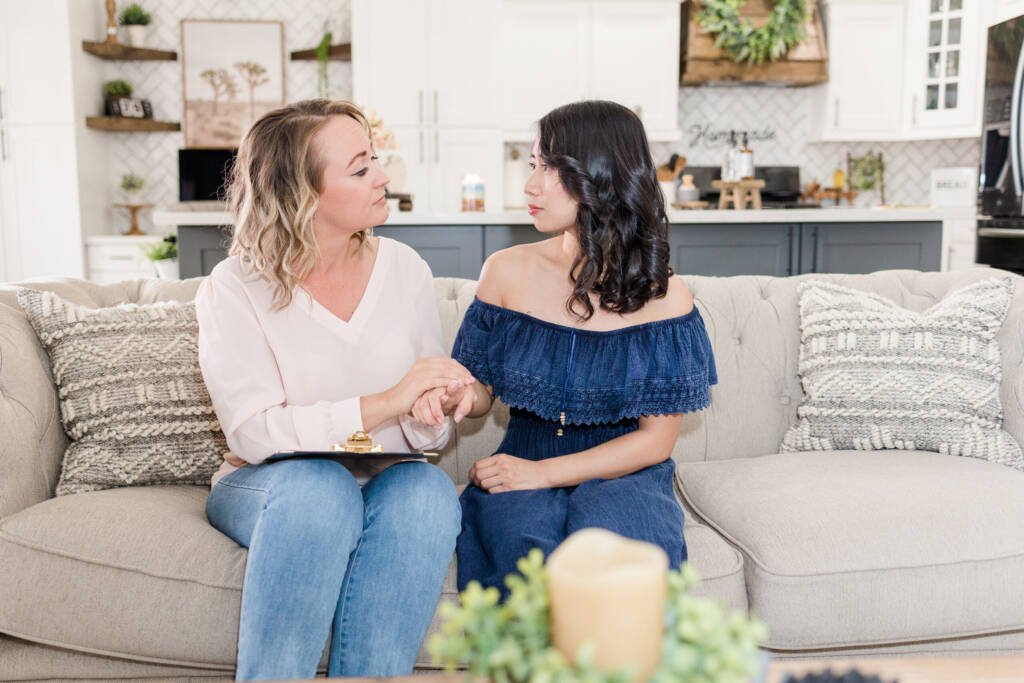
There are many ways to express feelings healthily, such as through art, music, writing, sports, or talking to someone close who can provide an empathetic ear. Expressing yourself helps to manage stress and anxiety-inducing thoughts and feelings, so find what works best for you!
12. Be kind to yourself and recognize that mistakes happen.
Social anxiety can sometimes be hard to manage, but it doesn’t have to define your life. Be gentle with yourself and acknowledge that mistakes are part of learning. It’s important to remember that everyone experiences anxiety differently, and there is no one-size-fits-all solution to combat social anxiety.
13. See a therapist.
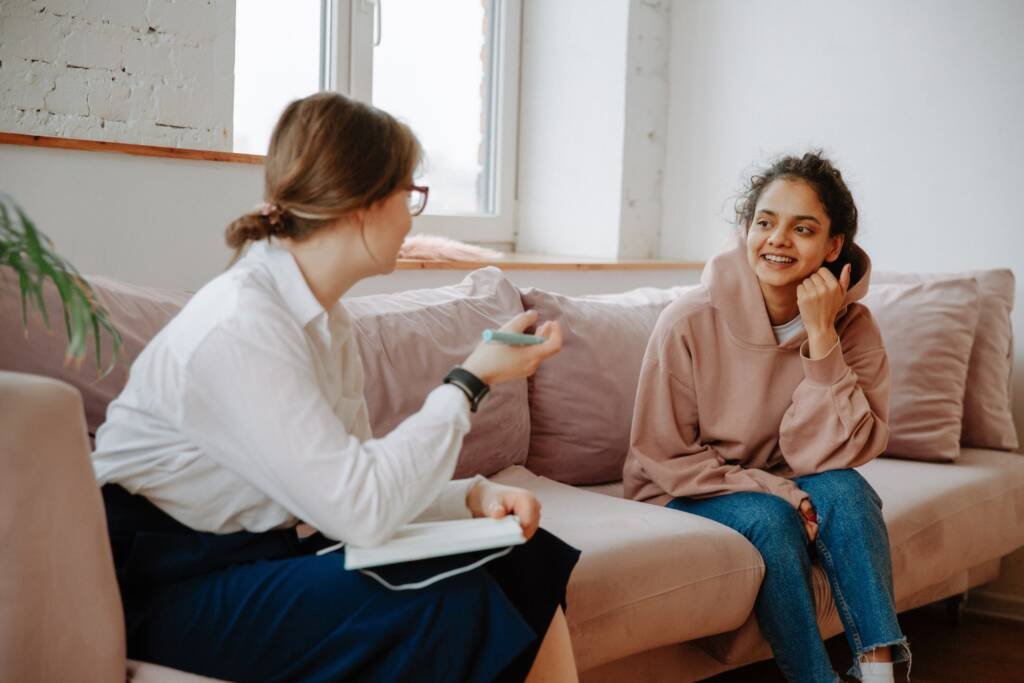
If your social anxiety is impacting your quality of life, it may be helpful to seek the assistance of a therapist. They can aid you in comprehending and handling your stress.
● Therapy provides benefits such as understanding your anxiety better and acquiring skills to manage it effectively. Additionally, it helps in recognizing and modifying negative thought patterns.
● Exposure therapy is a treatment for social anxiety that involves facing and gradually becoming comfortable with anxiety-triggering situations. This method has been proven effective for treating social anxiety.
● One of the techniques you learn is relaxation and coping, which includes deep breathing and muscle relaxation. Deep breathing is known to be highly effective in reducing anxiety.
● If you are experiencing anxiety symptoms and feel that professional help could be beneficial, you may want to make an appointment with a therapist specializing in treating anxiety disorders.
Conclusion
Social anxiety can be a complex condition to manage, but many practical tools are available to help you cope. By learning more about your condition and getting ready for social situations, you can enhance your confidence and sense of control. From deep breathing exercises and positive self-talk to seeking professional help from a therapist, these strategies should give you the confidence and skills needed to combat social anxiety. Remember that everyone experiences fear differently, and practicing kindness towards yourself is essential when mistakes happen. With dedication and patience, managing your symptoms of social anxiety is possible!



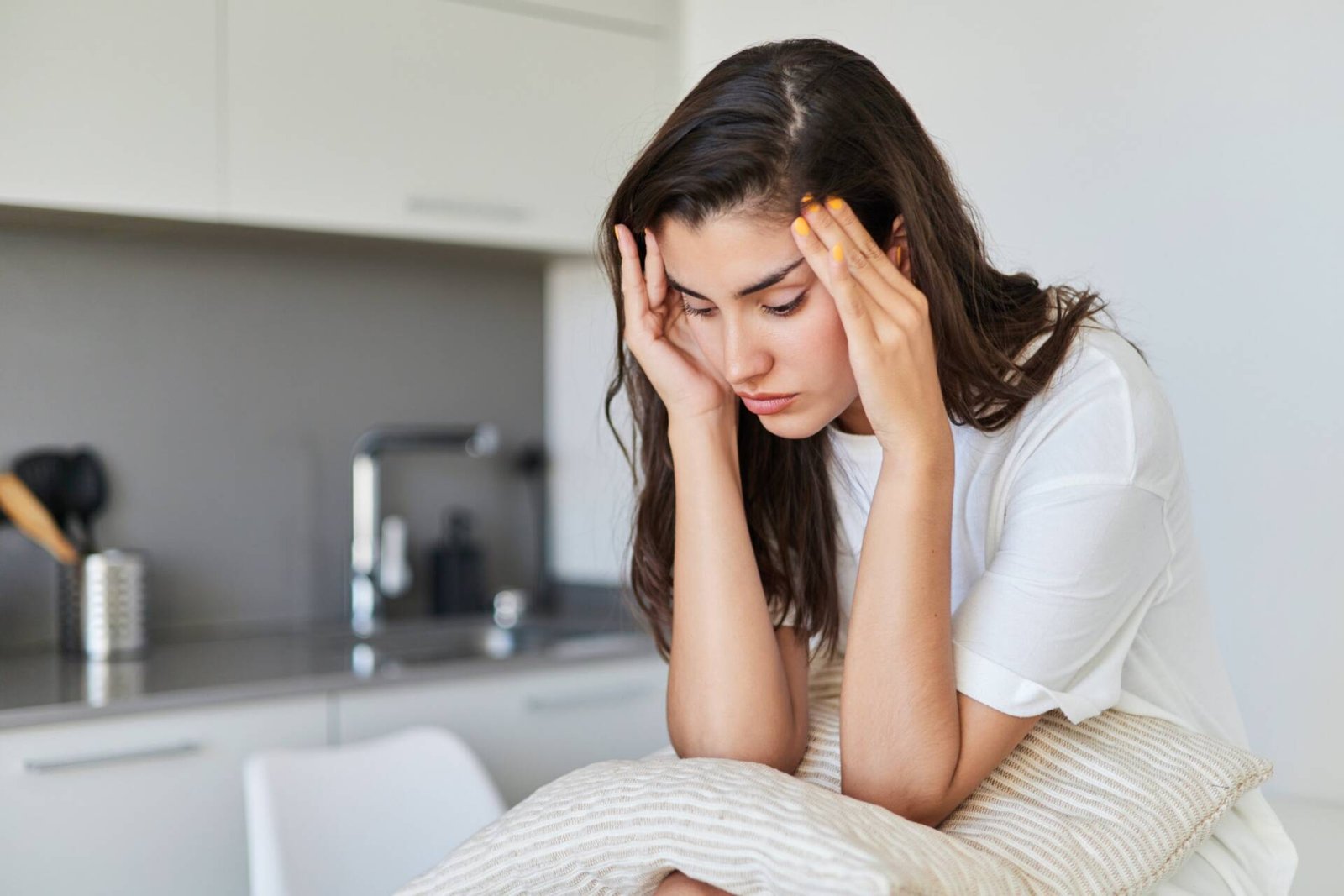
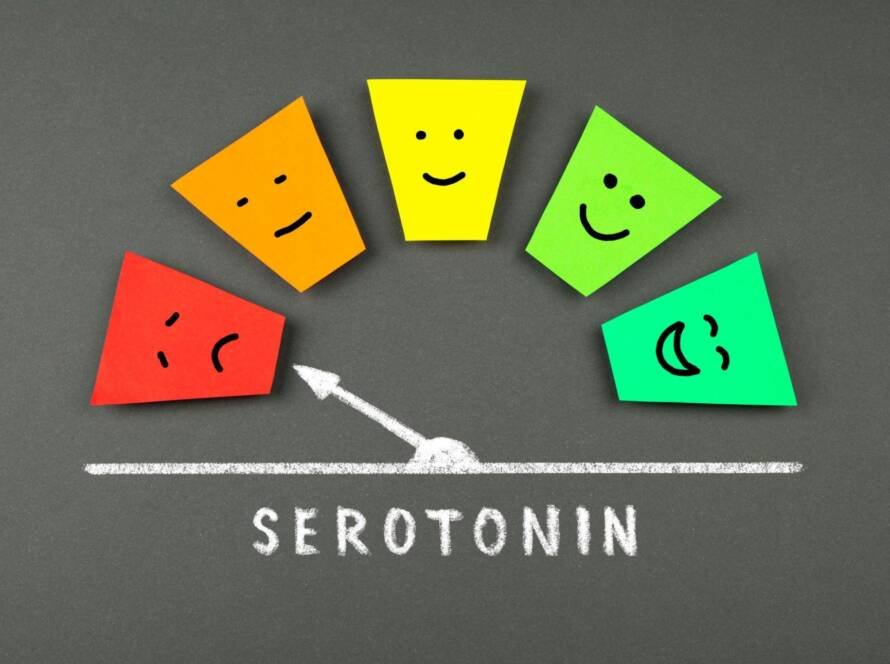
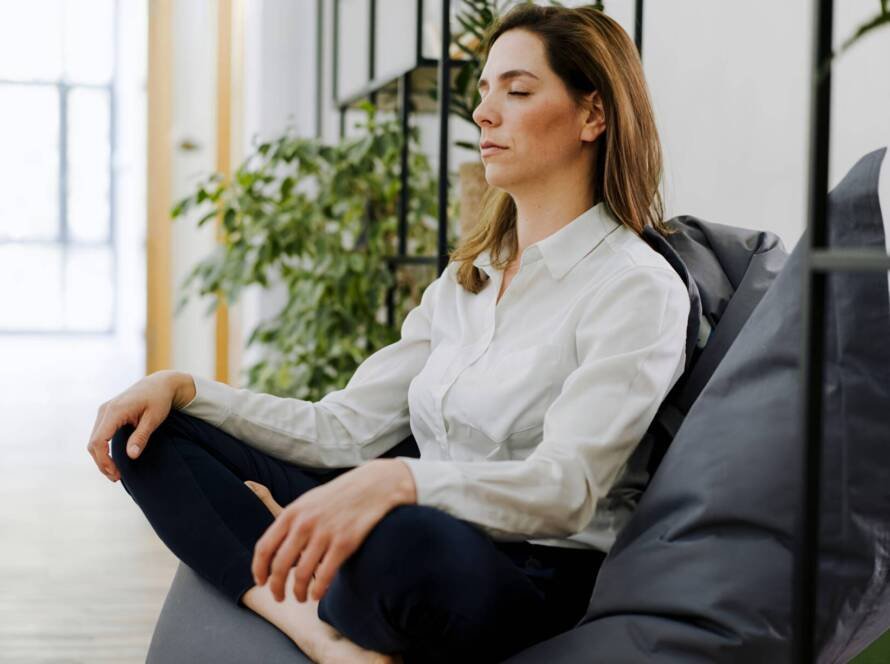
5 Comments